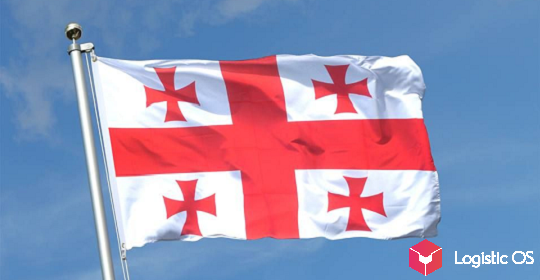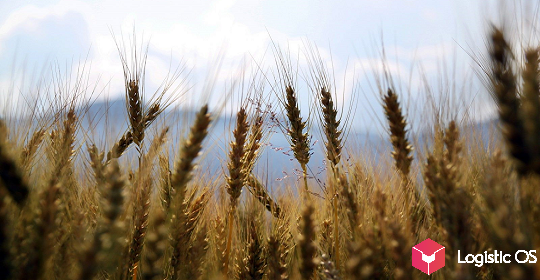The year 2021 will be remembered, among other things, for the gigantic scale collapses in Russian ports: cargo delays were often measured in months.
This shouldn’t happen anymore.
The Ministry of Transport is currently closely dealing with this problem. Last year, the most difficulties arose in the Far Eastern ports, for example, in Vladivostok.
Now all this is left behind. As noted by Deputy Minister of Transport of the Russian Federation Alexander Poshivay, the crisis of November last year should not happen again.
This crisis was caused, first of all, by the fact that the economy began to recover after the pandemic, demand increased sharply, ships and containers became scarce. There was a very sharp rise in freight prices.
As a result, we had to face the fact that the existing ships often set their priorities according to the principle “where they pay more.” And the prices on international lines were up to 2.5 times higher than on domestic (coastal) ones.
This caused big problems: the most important shipments were often not delivered for many weeks.
According to the deputy minister, this should not happen again. To date, a number of measures have already been taken to prevent such a situation:
Socially significant goods are delivered first. For example, in the Far Eastern Federal District, many settlements do not have any supply at all, except by sea.
Next come the cargoes for national and investment projects.
And only in the third turn all other requests are satisfied.
In addition, work began in December to ensure that each entity monthly provides information on how many tons of cargo it plans to receive from sea berths.
This information will be coordinated with shipping companies and berths to take into account their capabilities.
All this should have a beneficial effect on the situation. As Alexander Poshivay is sure, we will not see anything similar to what happened last year in the coming year.
When will the unified transport system be created?
Among other things, the Ministry of Transport is thinking about creating an automated system for monitoring the movement of goods through Russian ports, and more broadly — throughout the country.
However, this is a very large project. So far, we are only talking about testing it in the Far Eastern Federal District. If everything goes well, then this experience can be extended to other ports, primarily in the North-Western region, Azov, Black Sea and Caspian.
In the future, there are plans to create a single system for all cargo flows in the country, using a grid of different modes of transport.
For example, those for whom the main thing is speed can use air transport, in second place is railway and road transport, in third place is sea and river transport.
In the meantime, there is no such system, it remains to be hoped that the Ministry of Transport will be able to regulate traffic flows in such a way that recipients do not have to wait for them for a long time.

